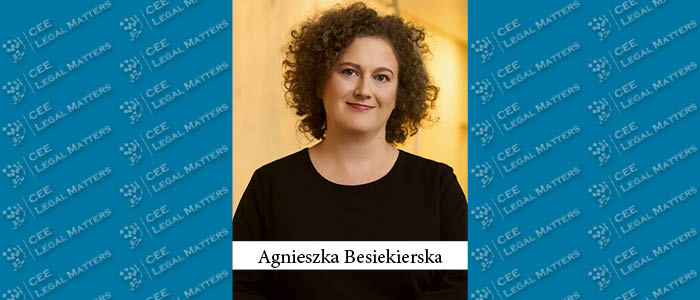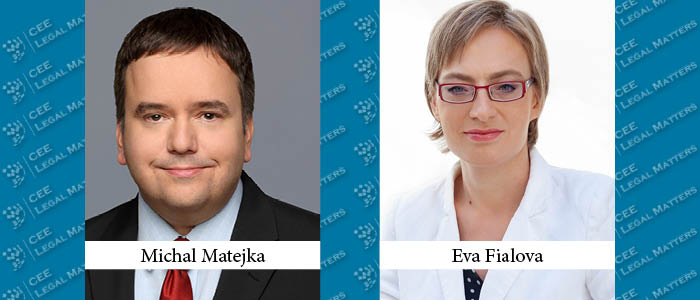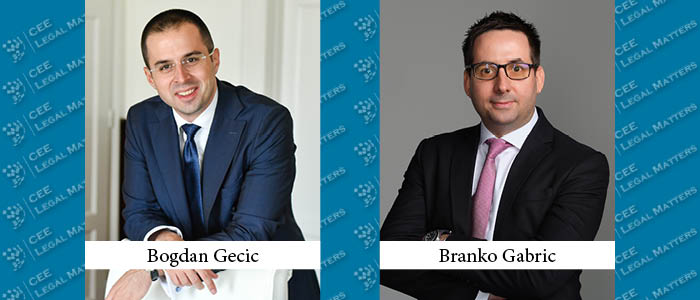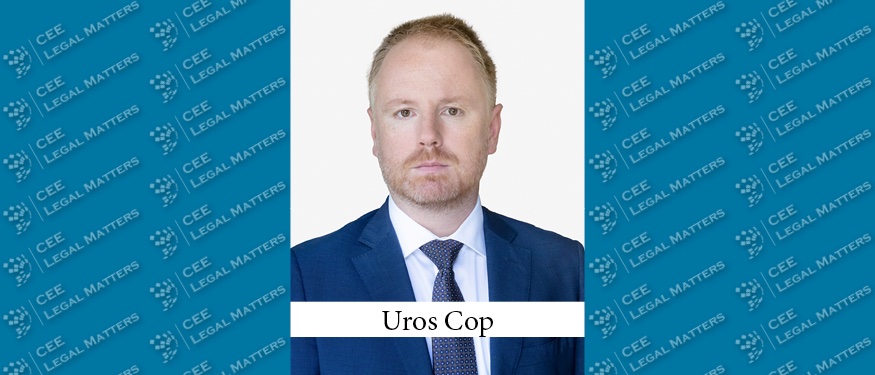On June 22, 2023, the Polish telecommunications regulator (the President of UKE) announced an auction of 3,6 GHZ frequencies intended for the 5G network. The auction will consist of a few phases, including submissions of initial bids, a formal assessment, trial auctions, auctions, and reservations of frequencies. It is expected that the auction will be settled this year. Despite the announced plans, the auction is affected by significant cybersecurity issues which have yet to be resolved.
Czech Republic: Cybersecurity – Czech Businesses Are Getting Ready for NIS 2
Cybersecurity is trending in Czechia again not only because of recent large-scale cyber-attacks targeting important institutions such as hospitals, the Czech public radio, or the national highway directorate (resulting in some of its systems being unavailable for several months) but also due to legislative developments. Specifically, cybersecurity is also making headlines as it is time for many Czech businesses to get ready for the NIS 2 Directive (Directive (EU) 2022/2555 of the European Parliament and of the Council of 14 December 2022 on measures for a high common level of cybersecurity across the Union).
Serbia: Amendments to the Serbian Act on Electronic Communications
Recently, the Serbian Parliament enacted amendments to the Act on Electronic Communications (Act). The Act was drafted through a collaborative effort of representatives from a broad range of organizations, including the Regulatory Agency for Electronic Communications and Postal Services (RATEL), the Regulatory Agency for Electronic Media (REM), the National Alliance for Local Economic Development (NALED), the Foreign Investors Council, the National Convention on the European Union, supplemented by expert opinions from the business sector.
Slovenia: Unveiling the DMA – Safeguarding Open Markets in the Digital Sphere and Its Impact on Slovenia
The initiation of the European Union’s Digital Markets Act (DMA) on May 2, 2023 marked a pivotal turning point in digital markets. Designed to counteract the monopoly-like tendencies of so-called “gatekeepers” – large online platforms wielding significant power – the DMA is revolutionizing the digital space. However, its implications extend beyond these giant companies, and it’s essential to examine the impact on smaller EU members like Slovenia.
Romania: Digitizing During and After the Pandemic
It is said that every cloud has a silver lining. As unfortunate as the consequences of the COVID-19 pandemic were, one of them was in fact positive: Romanian legislators sprang into action to adopt measures accelerating the digitalization of public services.
Bulgaria: The Piracy Ship Started Sinking in Bulgaria
On May 31, 2023, the Sofia City Court issued a landmark decision in the field of copyright protection, pursuant to which three internet providers were directed to disable the access of their users to peer-to-peer file-sharing platforms Zamunda and The Pirate Bay – to both the main torrent websites and any known proxies allowing access to these platforms.
Greece: The Hellenic Data Protection Authority’s Case Law on Telecommunications Providers
In the digital era, the protection of personal data has become a critical concern. Governments and regulatory bodies worldwide are actively working to ensure that individuals’ privacy rights are upheld and telecommunications providers play a significant role in this landscape. In this context, a brief review of the Hellenic Data Protection Authority’s (HDPA) case law concerning telecommunications providers in Greece over the past 12 months would lead to invaluable insights into the evolving respective legal landscape and the challenges faced by both organizations and individuals in safeguarding personal data.
































